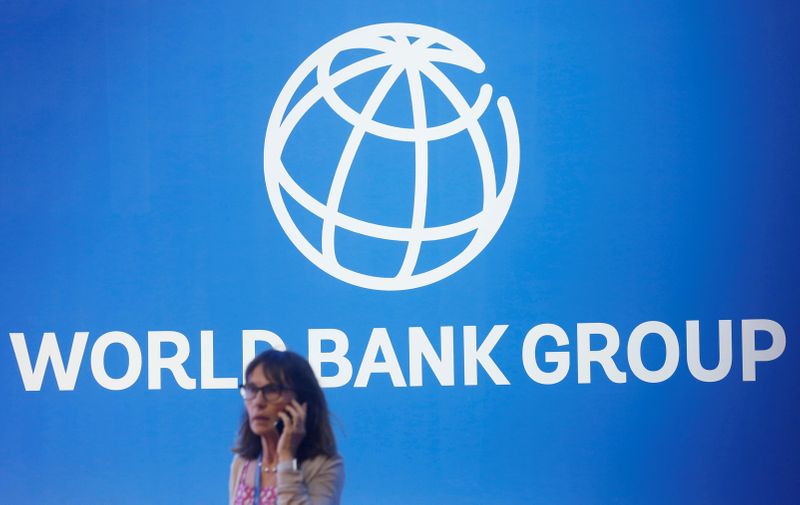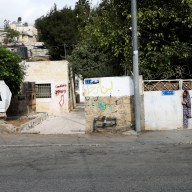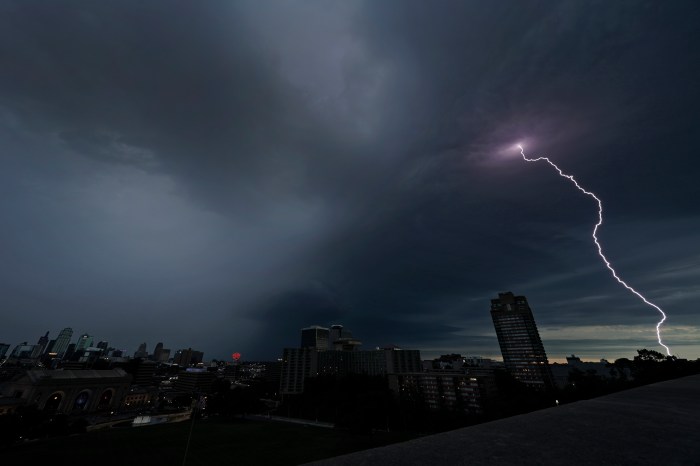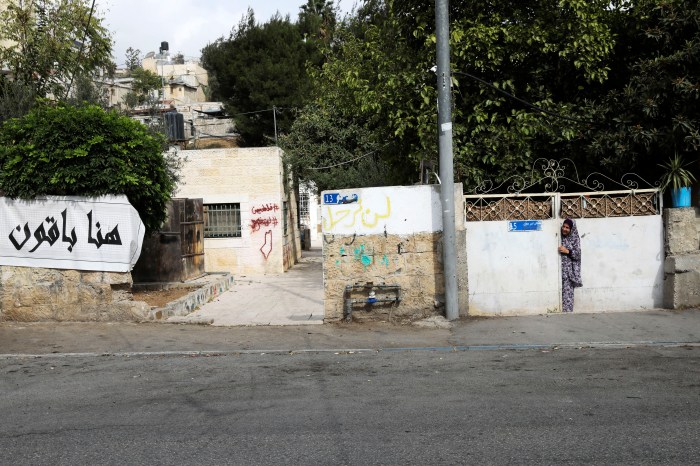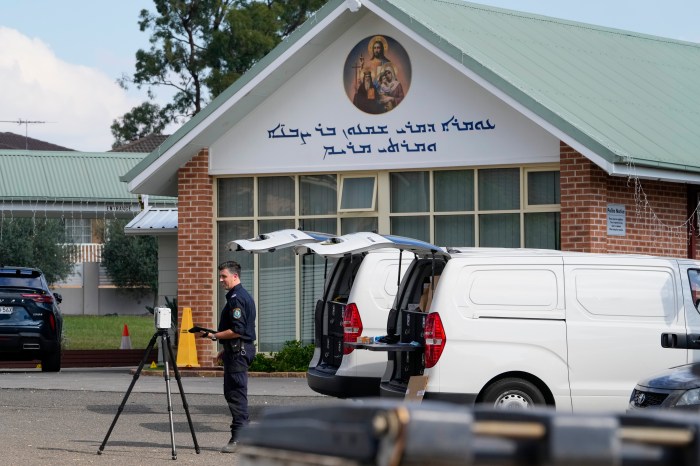WASHINGTON (Reuters) – The World Bank on Thursday named the first African chief executive of its private sector arm, the International Finance Corp, a position key to the bank’s efforts to finance vaccines and drive investment in low-carbon energy projects.
Makhtar Diop, a Senegalese national and the former minister of economy and finance of the West African nation, is taking over the job after serving as the World Bank’s vice president for infrastructure, overseeing the bank’s work across energy, transport, digital development and other sectors.
Earlier this week, the World Trade Organization selected former Nigerian finance minister and World Bank Managing Director Ngozi Okonjo-Iweala as its new director general.
In a statement, World Bank President David Malpass praised Diop’s experience in both the public and private sectors, saying he will help attract investment to low-carbon energy, transportation, clean water, digital services and other infrastructure.
“Makhtar’s skills at IFC will help the World Bank Group continue our rapid response to the global crisis and help build a green, resilient, inclusive recovery,” Malpass said.
Diop replaces Philippe Le Houerou, who stepped down in September 2020 after more than four years as the IFC’s CEO. Interim CEO Stephanie von Friedeburg was appointed IFC’s senior vice president of operations.
Diop told reporters that his highest priority was to reduce the risk premium for private sector investment in “fragile states,” particularly in Africa.
In June, IFC launched a $4 billion financing platform aimed at boosting the production and supply of vaccines and other critical healthcare products in developing countries.
Malpass also said that he hoped to complete the next replenishment of the International Development Association fund for the poorest countries in 2021 instead of in 2022.
Asked whether he expected the administration of new U.S. President Joe Biden to increase the U.S. contribution to IDA, he said he did not want to anticipate such a result.
(Reporting by David Lawder; Editing by Cynthia Osterman; Editing by Paul Simao and Cynthia Osterman)

